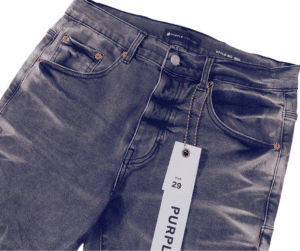Baler Safety 101
Getting premium hay baled and put up can mean working within time constraints. The pressures of short baling windows may have you tempted to take shortcuts. This can be a dangerous mistake; your safety matters as much as your crop. It never hurts to review a few safety procedures for the farm. Let’s take a look at a few things you can do to make baling safer from start to finish.
Don’t Jump Off Your Tractor Too Hastily
Remember to disengage the PTO and to shut off your engine before you get down to inspect the baler. It’s also always important to set the parking brake before you exit your tractor.
Reference: My Farm Life
Know Your Tractor’s Working Load Rating
It’s very important to be sure that your tractor and its attachments can easily handle the load produced by large bales. Therefore, the loader’s working load rating must exceed the weight and size of bales.
Reference: Firestone
Be Sure the Flywheel Has Stopped
Make sure not to try to work on a baler until the flywheel has come to a complete stop. The flywheel can keep the machine operating for a few seconds to several minutes after power is disengaged with both small or large square balers.
Choose the Correct Type of Baling Wire
There are many different types of baling wire. Different types of baling wire can have a wide range of tensile strengths, gauges, material compositions and more. It’s important to choose baling wire of the right tensile strength, as it will directly impact the durability and hold of your bales. Some of the most common types of baling wire are:
- Single Loop Wire – Made of black annealed wire as well as a galvanized wire with carbon steel, it must be hand-tied and is usually used in vertical balers.
- Double-Loop Wire – It comes in pre-cut lengths and has ends that bend with a loop.
- Black Annealed Wire – Softer than most wires, it can be used in a baling machine with many types of baled materials.
- Boxed Wire – Made from specially annealed black wire, you can use this wire on many different types of single ram auto-tie balers.
- High Tensile Wire – Comes with many different gauge strengths and can be used for a variety of materials.
Reference: Baling Wire Direct
Use High-Quality Baling Wire
While imported baling wire may be inexpensive and may seem like a smart option, many farmers find it to be disappointing. Imported wire may not be very safe. This wire tends to snap during transport. It doesn’t have to adhere to a range of manufacturing guidelines and safety standards, either. Instead, use high-quality baling wire that hasn’t been imported. This can keep you safer, can save you time and money and can protect you from a lot of pain and aggravation in the future.
Was this article helpful? Here are some others you might like:







